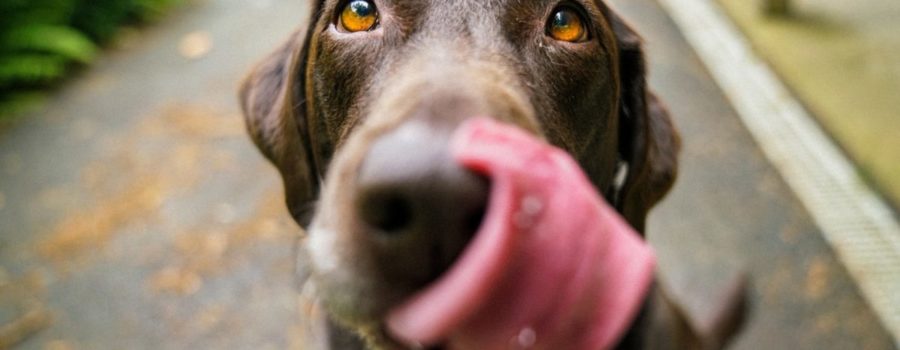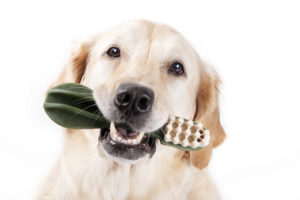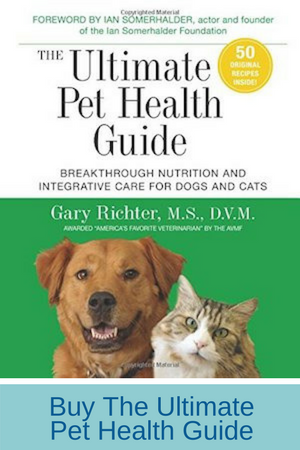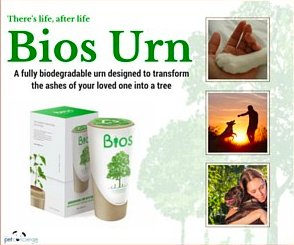Keys to Pet Nutrition
If you’re a pet owner, then you know that pet nutrition is an important topic that can’t be ignored. In this article, we’ll cover common vitamin deficiencies in pets and how to deal with them when they arise. We’ll also discuss the importance of regular blood tests and what they can reveal about your pet’s health and what you should do if your pet isn’t getting enough vitamins in their diet. First things first, let’s dive into some of the benefits of getting your pets tested regularly by their veterinarian!
Pet Nutrition Starts with Water
Many pet owners mistakenly assume that pet nutrition is synonymous with meat-based diets. While pets do need protein to thrive, other nutrients like vitamins and minerals are also essential. The easiest way to make sure your pet is getting all of these nutrients is to give him/her water–water should be considered a crucial component of any diet. If you ever find yourself unsure about whether or not you’re giving your pet proper nutrition, consult your veterinarian or animal shelter for assistance. Asking questions about proper nutrition will never hurt an animal; in fact, it may just help them live longer and healthier lives.
Vitamin D
Most people know that Omega-3 and Omega-6 fatty acids are essential for a healthy diet, but they don’t realize that your dog requires these nutrients just as much as you do. In fact, just like humans, dogs need Omega-3 fatty acids to keep their skin and coat healthy and Omega-6 fatty acids to maintain a strong immune system.
Fatty Acids
The first thing to understand about pet nutrition is that dogs and cats cannot make their own fatty acids, including omega-3s and omega-6s. Dogs and cats must get them from food (or supplements). Omega-3 fatty acids are made up of long chains of polyunsaturated fats with three or more double bonds on their backbone.
Protein
Protein is a big word in pet nutrition. It’s what our pets need to build healthy muscles and organs, as well as keep their coats shiny and healthy. But which proteins are right for them? And how much do they need? In recent years, there has been a push to make pet food more natural—with fewer additives and preservatives. This move toward whole foods that mimic your pet’s diet in nature has led some companies to begin using whole proteins, such as whole chicken or fish, as the main ingredient in their products.
Probiotics
Probiotics, or good bacteria that help keep bad bacteria and viruses at bay, should be part of your pet’s diet if you want them to live a long and healthy life. But an alarming number of pet owners don’t know much about their pets’ nutritional needs. Most dog and cat food contains all sorts of additives—from B-vitamins to Omega-3 fatty acids—but too often pet owners don’t know why they’re there. Some people assume these additives are like vitamins for humans; they’re not.
Additional Supplements for Good Pet Nutrition
Most of us are aware that humans should supplement their diets with vitamins to avoid deficiencies, but did you know that our pets also need these supplements? No matter how good you think your cat or dog’s diet is, it may not be nutritionally complete. If you want to keep your furry friends healthy and avoid vitamin deficiencies, talk to your vet about supplements.
Learn More About Pet Nutrition at MyPetThrives or
Read Additional Articles Here at ThePetConcierge.







